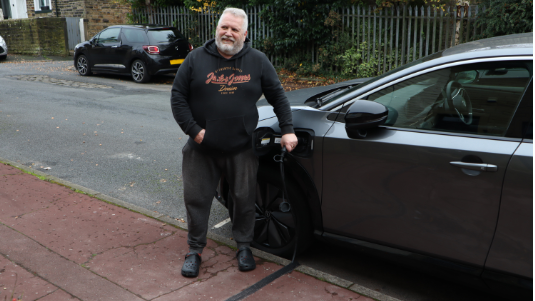'Trust and reserve judgement' on rebrand, says Jaguar
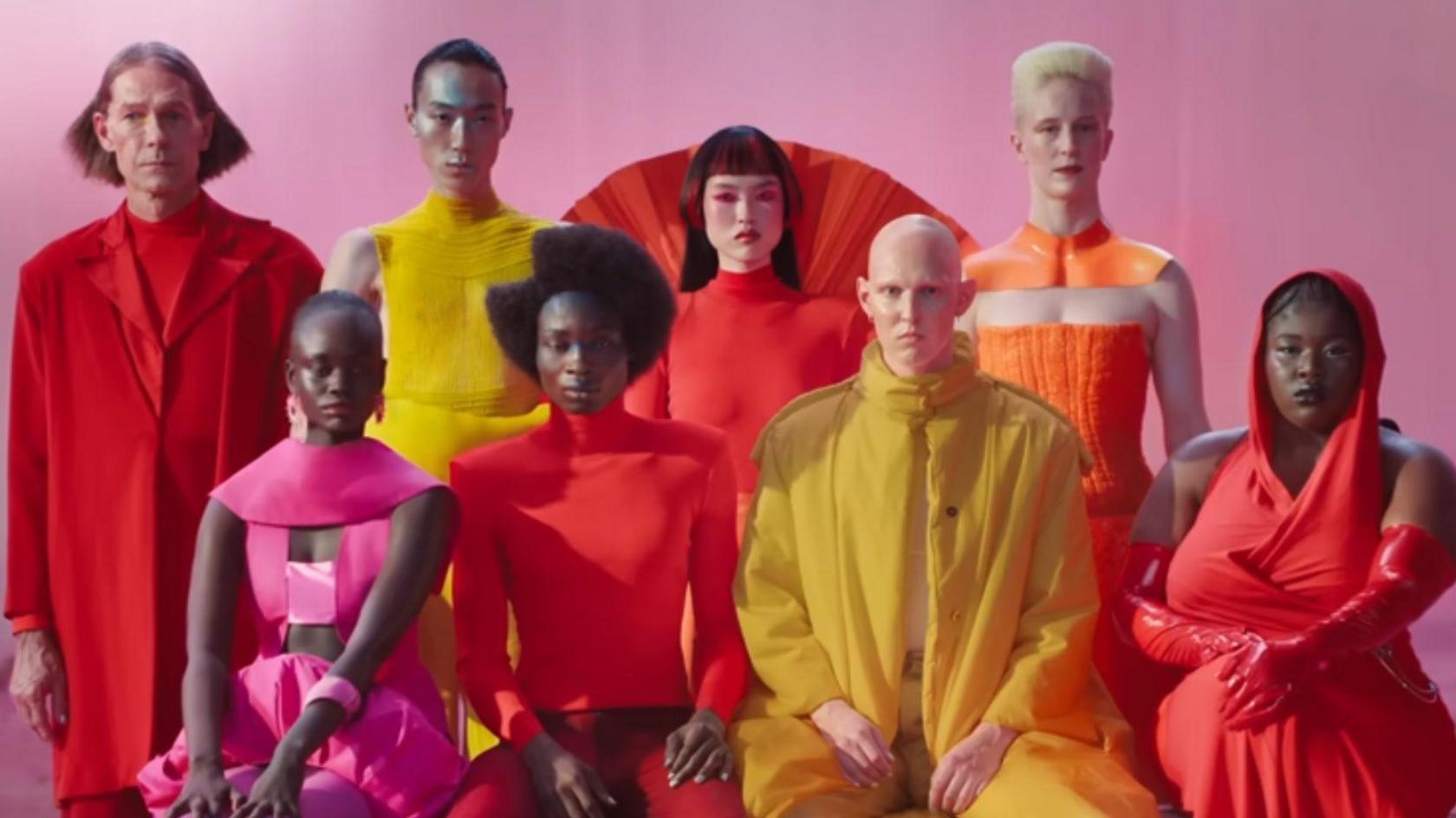
A still from Jaguar’s new advert which was shared on social media
- Published
Jaguar has urged people to "trust and reserve judgement" over the rebrand of the carmaker.
The company, embarking on the biggest change in its 102-year old history, released a new logo and a so-called "social media tease" this week, ahead of its relaunch as an electric-only brand in early December.
The teaser video has faced backlash, with many critics pointing to the fact it doesn't feature an actual car. Others have praised the company for being bold and shaking things up.
Either way, the rebrand has grabbed people's attention and Jaguar has since admitted it not only expected such debate - but it wanted it.
In the 1960s, Jaguar launched the E-Type and XJ which have come to be known among some of the most iconic cars of all time.
Now the company is trying to do the same again by unveiling its new "design vision" in Miami next month.
Teasing the vision online, the 30 second advert features models in extravagant, brightly-coloured outfits who reveal the new company logo written as JaGUar.
No cars, no suave men in suits, no big cats.
"Do you sell cars?" was the response on X, from owner Elon Musk, who is also the boss of electric car firm Tesla.
"This is surely a joke?" added one user, while another suggested the move would "cost jobs and do real damage". Some said "Go woke, go broke".
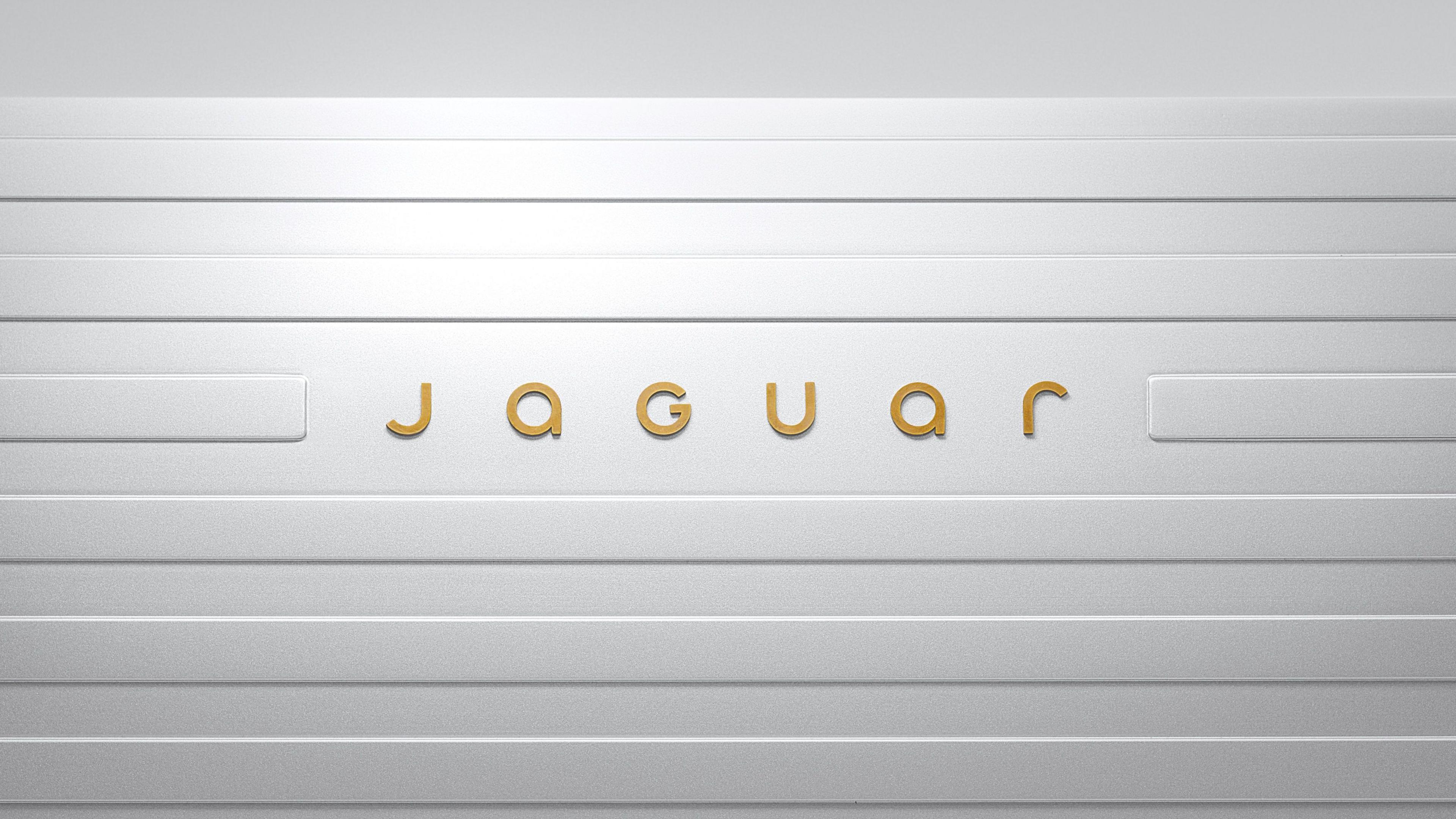
Specsavers, known for its humorous social media manner, created a mock-up of its own logo in response, which looked like it had been created on Microsoft Paint., external
While supermarket Aldi chipped in at Jaguar's "Copy Nothing" slogan with: "You sound like our legal team.", external
Amid the anger and sarcasm, Jaguar has doubled down on its decision, replying to some posts with phrases such as "To live is to evolve".
"We had to break rules and do something that would get us cut thru," a spokesman told the BBC - suggesting this is all part of the plan.
As Martin Brundle, the former Formula 1 racing driver turned broadcaster, put it: "I have no idea what this is all about, but it’s genius.
"Everyone is talking about Jaguar in a moment of time when they’re not actually making cars."
'Maybe Jaguar wanted this response'
Lee Rolston is the chief growth officer of global branding agency Jones Knowles Ritchie and has worked on rebrands of household names such as Burger King and the RSPCA.
He was also part of the thinking to famously drop the donuts from Dunkin' to move "to a first-name basis with America", given it was also one of the country's the biggest coffee sellers.
He says rebrands occur generally when a company wants to "shift" its business strategy, which is what Jaguar is doing in its move to electric-only cars.
In an "ideal world" the rebrand leads to buzz and a positive reaction, Mr Rolston adds, but to achieve that you need to "make sure people understand the context".
"Don’t ever just launch a logo - when people see a logo they tend to subjectively respond to it. It’s always good to show as much as you can," he explains.
"Unless you want that response. Maybe Jaguar did actually want this kind of response," Mr Rolston ponders.
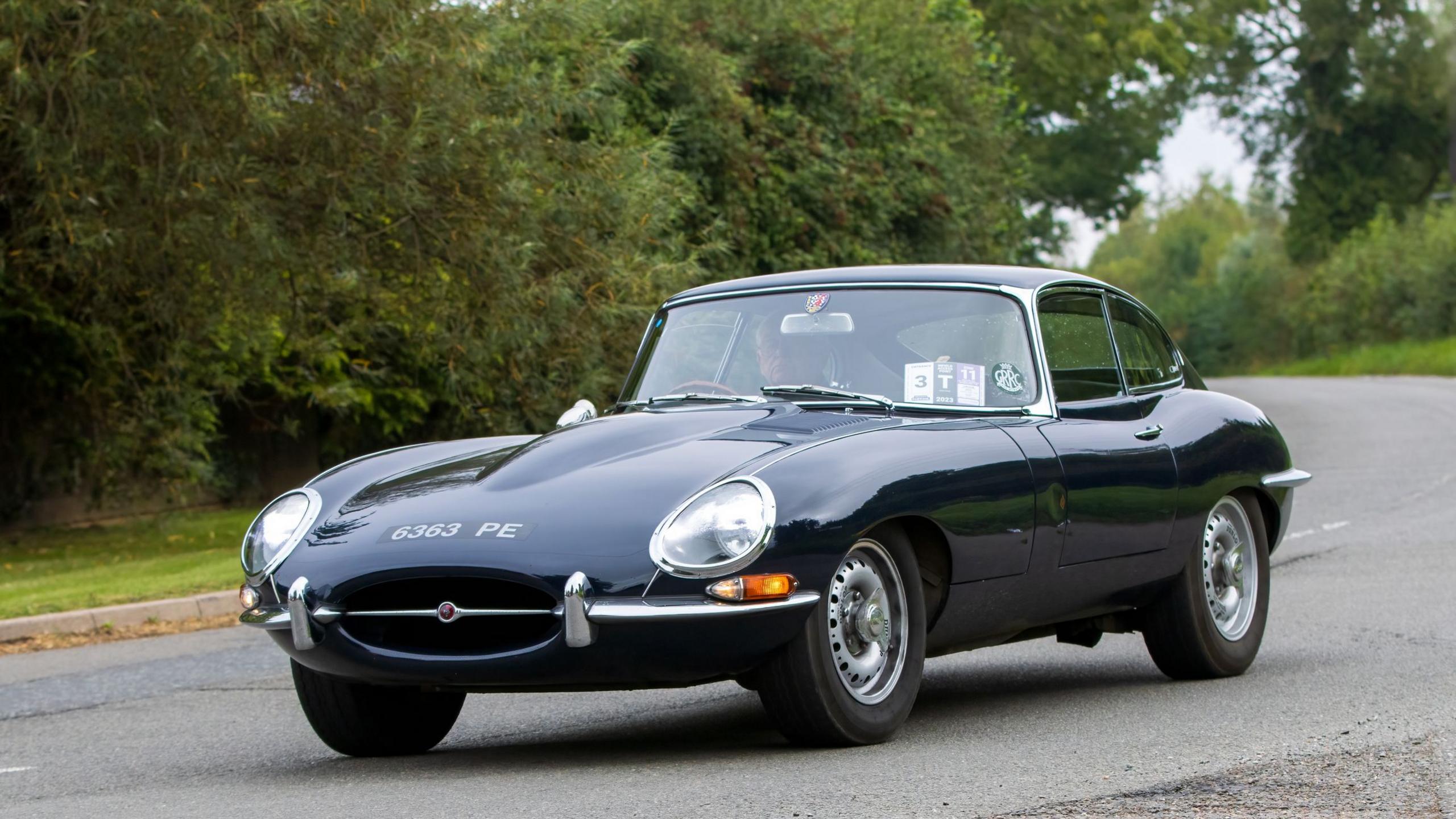
The E-Type is a classic Jaguar sports car
As a result of Jaguar's rebrand strategy to tease and drip feed information of its plans, a void has been created, and that has been "filled by opinion", Mr Rolston says.
“They have taken a very brave route - it’s one that very, very few brands ever do take because it’s very risky, but time will tell."
It's not new to not include a product in an ad or to raise eyebrows - the gorilla beating the drums to Phil Collins didn't feature any Cadbury's chocolate, for example.
Keith Wells, founder and director of brand strategy business Brandwell, points out Apple's "think different" advert in 1997 which, rather than showcasing its computers, instead featured the likes of Albert Einstein and Mahatma Gandhi.
However, Mr Wells has first-hand experience of a rebrand backlash. Remember Consignia? (Readers under the age of 40 can be forgiven for not).
In 2001, he led the consultancy Dragon Brands, which came up with the new corporate name for the Post Office Group. The aim was to create a new, modern umbrella brand for the restructured organisation, which included not just the Post Office, but Royal Mail and Parcelforce too.
But the creation of Consignia led to a backlash from the public, largely due to people misinterpreting the rebrand.
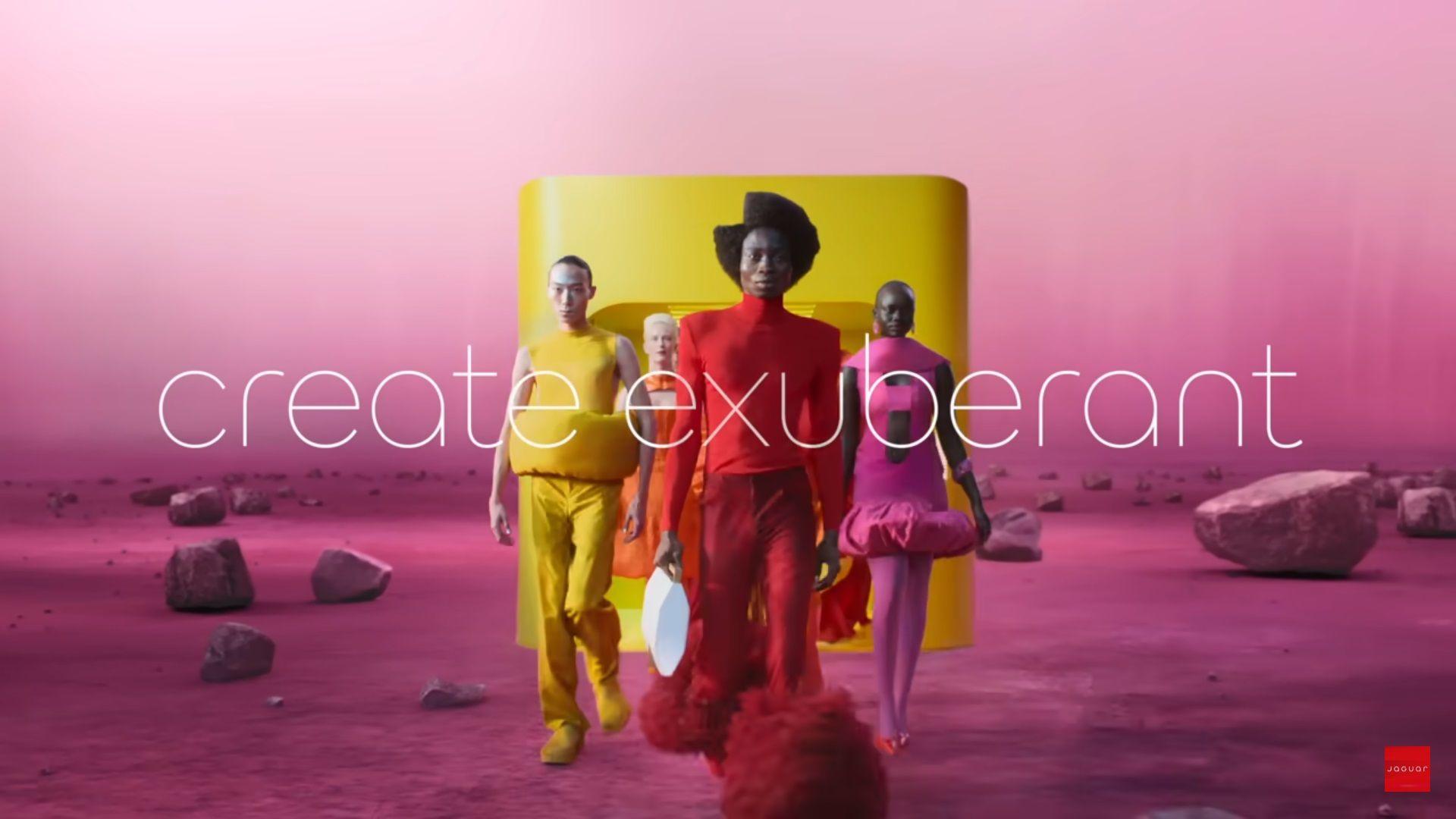
The advert description on YouTube reads: "We're here to delete ordinary. To go bold. To copy nothing."
Some people thought Post Office branches would be renamed Consignia, which wasn't the case.
Nonetheless, the negativity, and a new leadership team, eventually led to Consignia being canned, and being renamed Royal Mail plc 16 months later.
While Jaguar isn't changing its name, Mr Wells says the brand has taken a "huge, bold step" and people should give "respect and time" to see how things pan out.
Mr Rolston said "branding logic" suggests companies "lean into" their current perception with the public, but Jaguar appears to have shunned that.
"Everything they have put out so far is not like a Jaguar. The question is, if it’s not a Jaguar as you used to know it, what is it?"
Jaguar argues its rebrand can been traced back to the words of its founder, Sir William Lyons, that "A Jaguar should be a copy of nothing".
'Something has to change'
But it's clear, as Erin Baker, editorial director at AutoTrader puts it, that the carmaker is trying to ditch the "sage" image, that its cars are only for older, white men, who perhaps frequent golf clubs, or wear cravats and smoke cigars.
"It’s been languishing in terms of sales for years now," she said. "Something has to change fundamentally with the brand."
But Ms Baker is a fan of the rebrand ad. "I think it needs to really stir emotion, it needs to stir curiosity, get people asking questions," she says.
Jaguar has been the weakest link within the Jaguar Land Rover (JLR) group owned by Tata Motors for almost a decade, with The Range Rover and Defender behind the company's highest profits.
Ms Baker believes Jaguar's radical rebrand is a final attempt to revive it. But what happens if it doesn't pay off?
"I am not sure what else they can do," adds Ms Baker. "It’s a very risky move to go pure electric in 2026 when sales of electric cars the world over have largely stalled amongst private buyers.
"But the truth is...no one has an idea if this is going to succeed or not."
All agree that Jaguar probably won't mind the current noise. Jaguar replied to some critics saying "soon you'll see things our way". Only time will tell.
- Published13 November 2024
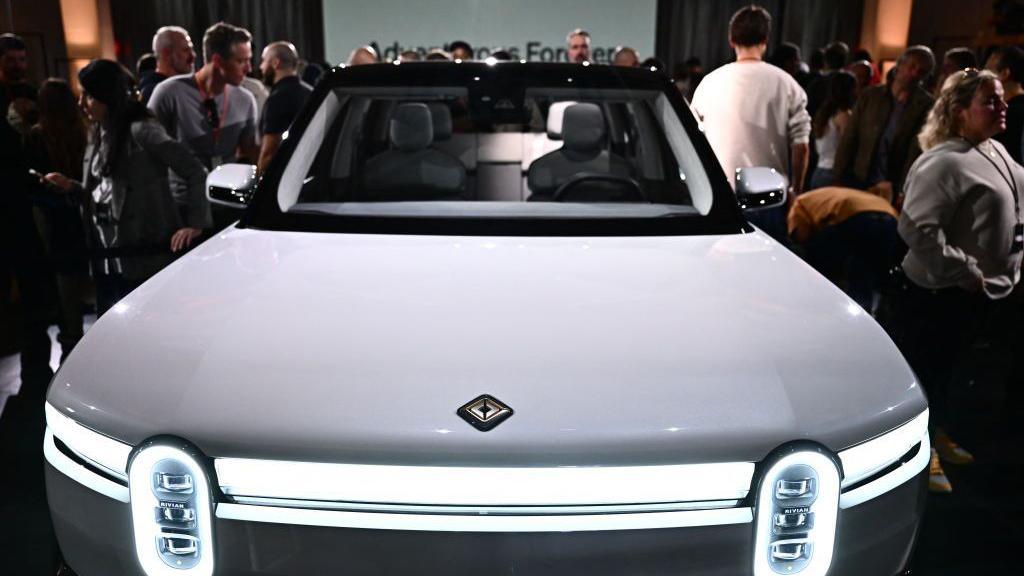
- Published13 November 2024
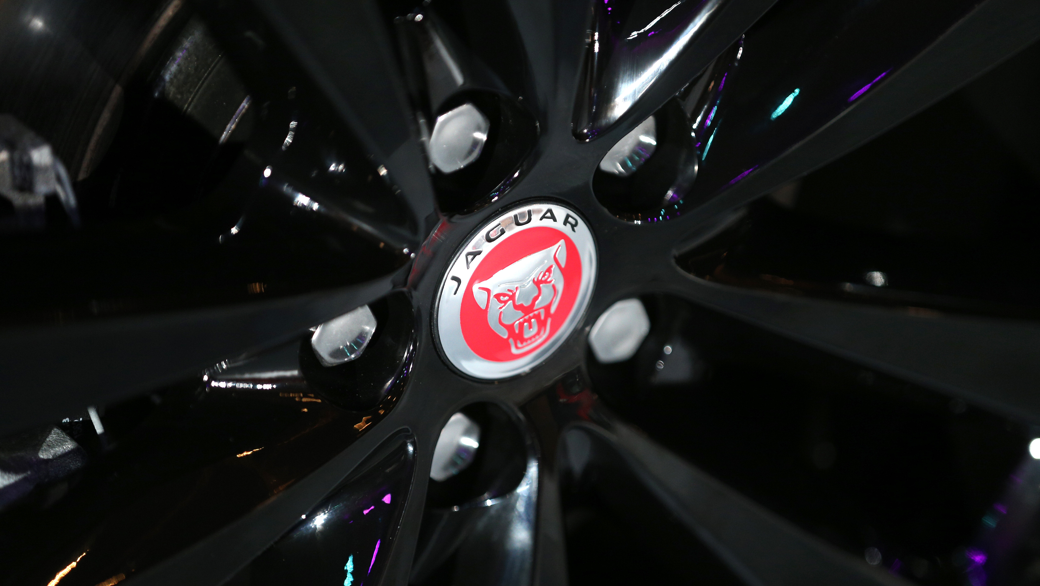
- Published11 November 2024
